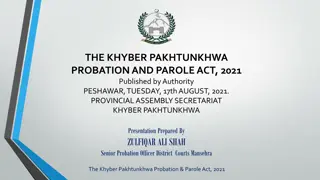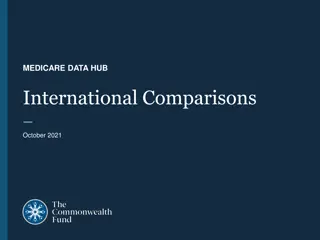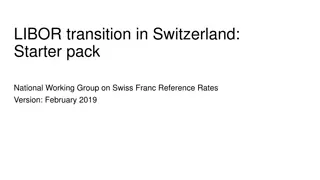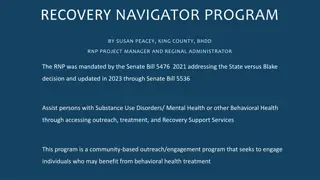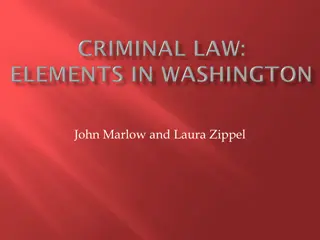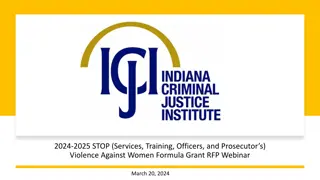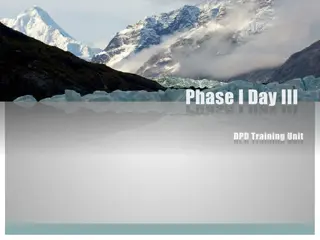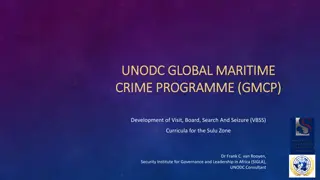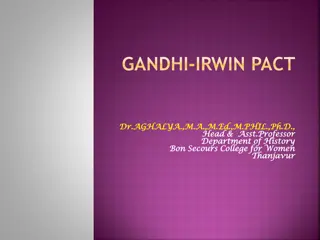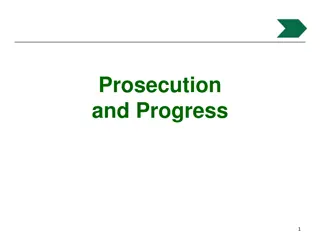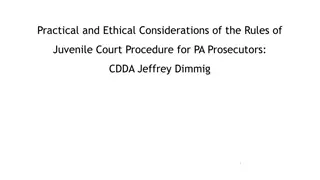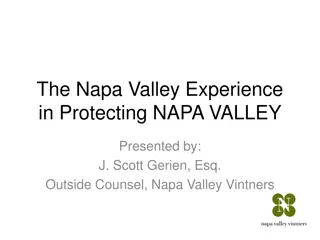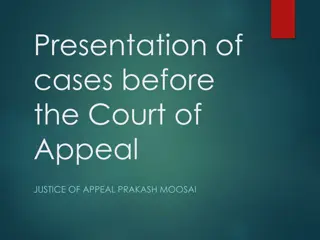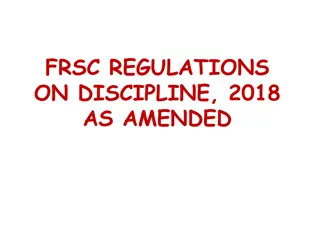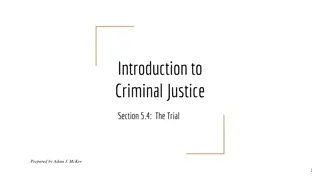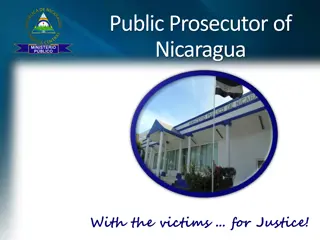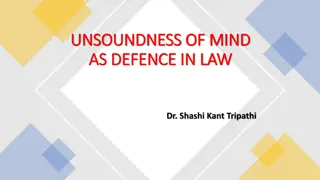Cybercrime Prosecution Challenges and Strategies in Switzerland
Understanding the jurisdiction and challenges of prosecuting cybercriminals in Switzerland, including issues related to legislation, evidence gathering, perpetrator anonymity, mutual legal assistance, and international cooperation. The role of public and private partnerships in combating cybercrime is also highlighted.
Uploaded on Sep 19, 2024 | 0 Views
Download Presentation

Please find below an Image/Link to download the presentation.
The content on the website is provided AS IS for your information and personal use only. It may not be sold, licensed, or shared on other websites without obtaining consent from the author. Download presentation by click this link. If you encounter any issues during the download, it is possible that the publisher has removed the file from their server.
E N D
Presentation Transcript
How to prosecute cybercriminals in Switzerland and abroad Attorney General of Switzerland, Stefan Bl ttler 27thIAP ANNUAL CONFERENCE AND GENERAL MEETING - TBILISI September 27, 2022
Jurisdiction in cybercrime matters What is the competent authority in Switzerland for prosecuting cybercrime? General authority: Public Prosecutor Offices of the cantons 26 cantons and the Confederation Exceptional authority: Office of the Attorney General of Switzerland (OAG - Art. 23 and 24 Swiss Criminal Procedure Code) 2
Cybercrime in Switzerland Challenge 1 No criminal legislation specific to cybercrime Swiss Criminal Procedure Code not adapted to criminal prosecution in the digital age Major challenge: obtaining digital evidence No standards for data processing in criminal proceedings Slow mutual legal assistance process, not adapted to cybercrime Preservation of data up to a maximum of 6 months Request mutual assistance very rapidly! Point of contact 24/7 (Art. 35 CPC) : fedpol einsatzzentrale@fedpol.admin.ch 3
Perpetrator anonymity Challenge 2 In search of the perpetrator In most cybercrime proceedings, perpetrators are: Unknown Professionnal Anonymous Mostly abroad Objective: gathering evidence that can be used in court 4
Mutual legal assistance Challenge 3 Complex and lengthy 8. Transmission to the Swiss Federal Office of Justice 6 Foreign prosecution authorities collect the evidence 4. Transmission to the prosecutor abroad 2. Transmission to the Federal Office of Justice > > > > > > > > > 1. The prosecutor in Switzerland drafts the request for mutual legal assistance 7. Transmission to the competent authority abroad 9. Transmission to the prosecutor in Switzerland 5. The prosecutor abroad obtains a court order 3. Transmission to the competent authority abroad 5
Internationality Challenge 4 - Principle of territoriality > The Convention on Cybercrime an important tool 6
Public Private Partnership Criminal reporting as a key factor private sector information Individuals (companies) are important parties for: - quickly filing a complete complaint - quickly and properly preserving evidence - presenting their own evidence Entre- prises Priv s The OAG and the cantonal Public Prosecutor Offices depend on information from the private sector as well as actively seeking information from companies (ISPs, banks, cyber security, universities, etc.). Poursuite p nale 7
4 keystones for greater strength in criminal prosecution To become even more efficient and effective, the prosecuting authorities involved need: 1. close collaboration with all partners, whether national / international 2. qualified cyber-investigators 3. a national database to identify cybercrime linkage 4. the provisions on mutual legal assistance to be adapted 8
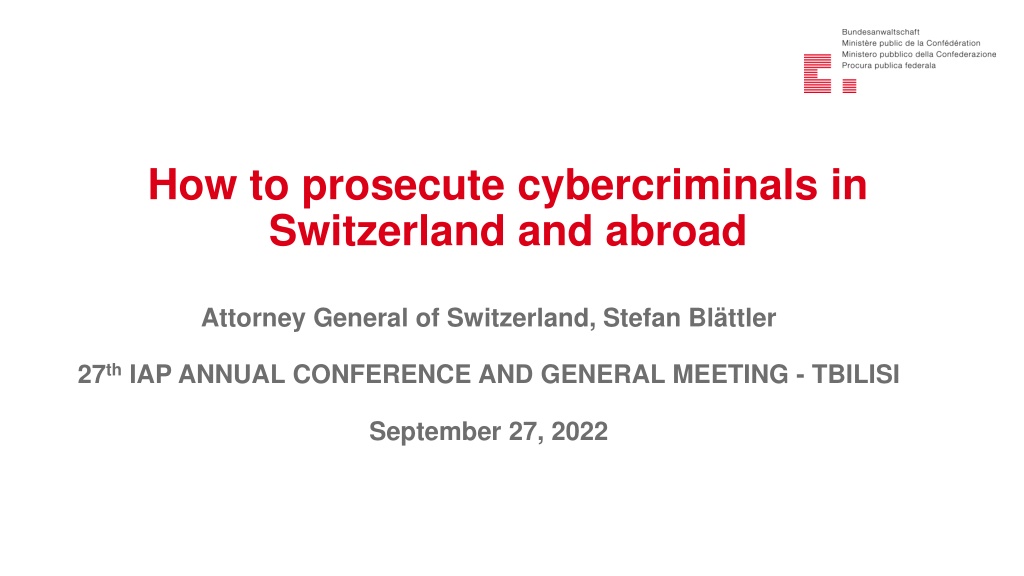

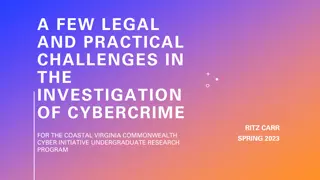

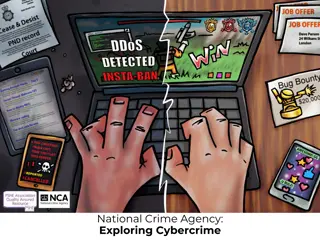


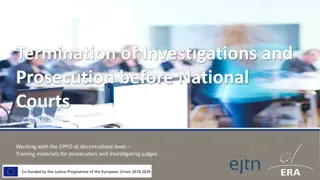
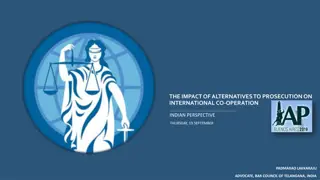
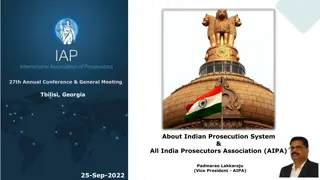
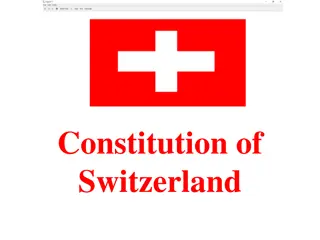
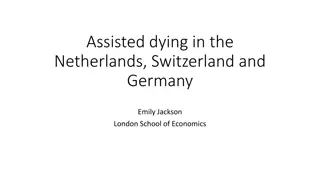
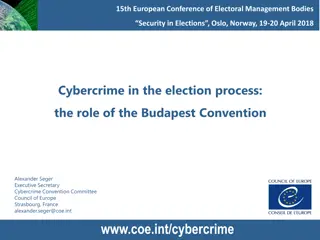
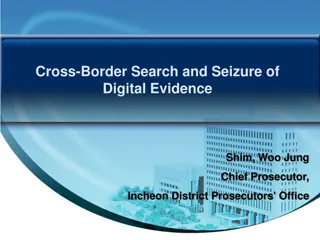
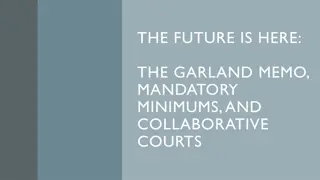
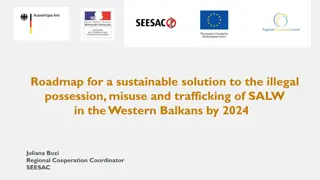
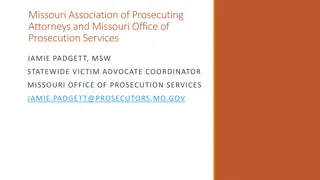
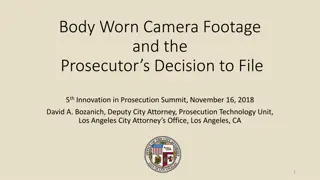
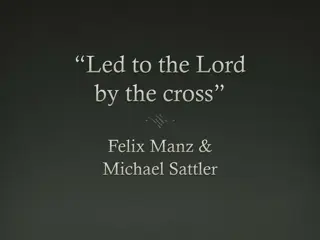
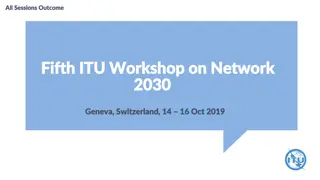
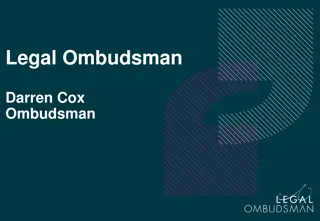
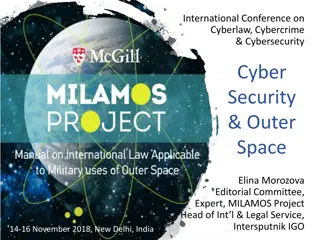
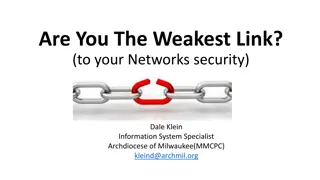
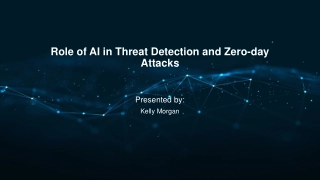
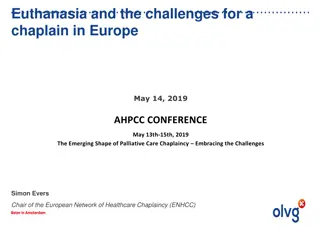



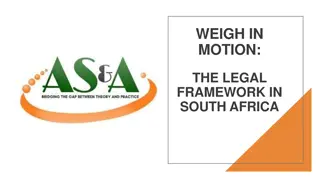
![Prevention and Combating of Hate Crimes and Hate Speech Bill [B.9B.2018]](/thumb/60513/prevention-and-combating-of-hate-crimes-and-hate-speech-bill-b-9b-2018.jpg)
